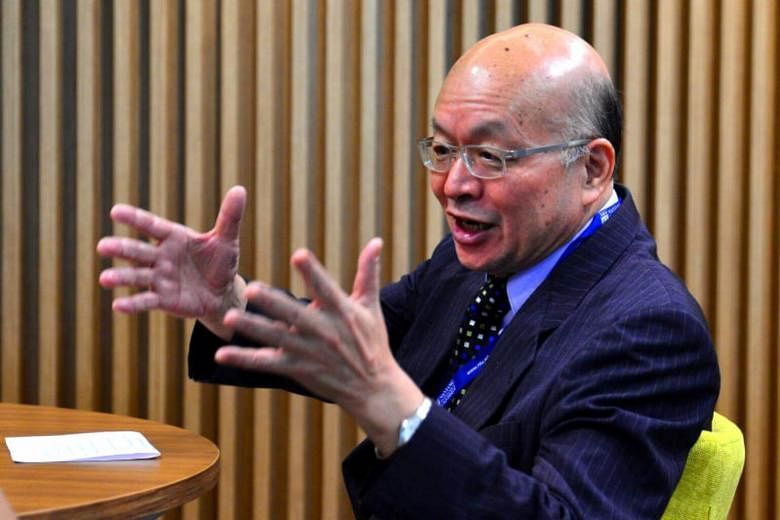SINGAPORE - Universities can tap on Chinese philosophy principles to return to the core purpose of education - developing students' ability to reason.
This idea was raised by Professor Vincent Shen, from the University of Toronto, at the 20th International Society for Chinese Philosophy (ISCP) conference held at the Nanyang Technological University Singapore (NTU Singapore).
For example, universities can learn from 'Great Learning', or 'daxue', one of the four books in Confucianism, Prof Shen told The Straits Times.
The book, believed to be written by Confucius's student Zengzi, has three broad principles: students should discover their personal identities, continuously develop their creativity, and strive for perfection.
"Today, universities must find their raison d'etre (reason for existence). Reason is more important than rationality," said Prof Shen, who is the University of Toronto's Professor and Lee Chair in Chinese Thought and Culture.
Reason involves a holistic approach to education, while rationality focuses on theory and empirical evidence, he added.
In his session at the conference, Prof Shen also emphasised the importance of 'wai tui' - or 'strangification', its direct translation - in which a person goes out of his way to meet strangers.
'Wai tui' allows people to learn to express their ideas and values, in a way that is understandable to others. This is especially importantly for areas like the humanities, which involve an emotional connection.
"In the humanities, there is the concept of generosity towards others. In return, generosity leads to more communication and new ideas," said Prof Shen.
He was speaking on the second day of the four-day conference, jointly organised by NTU Singapore's School of Humanities, the ISCP and the Confucius Institute at NTU.
The conference, held at the NTU School of Humanities auditorium , involved some 250 lectures and presentations by scholars from 20 countries. It is the first time that the conference is taking place in South-east Asia.


